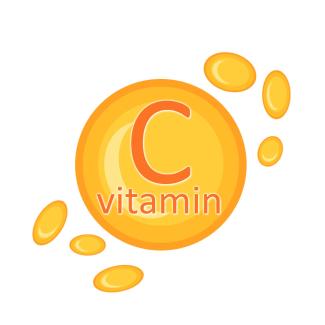In this section, you will find comprehensive information about vitamins and their essential roles in maintaining overall health. Explore detailed articles on the different types of vitamins, including water-soluble and fat-soluble varieties, their sources, recommended daily allowances, and the potential health benefits of each. We provide insights into how vitamins contribute to various bodily functions, the consequences of deficiencies, and tips for ensuring adequate intake through diet and supplements. Empower yourself with knowledge to make informed choices for your nutritional needs.
Are Eggs Healthy? A Comprehensive Overview
1. Nutritional Composition of Eggs
There are no specific "cleansing" foods that magically detoxify or cleanse the lungs, but maintaining a healthy diet can certainly support overall lung health and reduce the risk of lung-related is
Quinoa (pronounced KEEN-wah) is a highly nutritious and versatile grain-like crop that has gained popularity in recent years for its potential health benefits.
A deficiency in folic acid, also known as folate or vitamin B9, can potentially contribute to or exacerbate symptoms of depression.
Several vitamins and minerals are important for healthy hair, but one of the most crucial vitamins for hair health is biotin, also known as vitamin H or B7.
Egg production methods can vary significantly in terms of animal welfare, environmental impact, and the quality of the eggs produced.
Retinol is a form of vitamin A that plays a crucial role in several aspects of human health. It has various effects and benefits on the skin, eyes, immune system, and growth and development.
Retinol, which is a form of vitamin A, is present in various foods, primarily in animal-derived foods. The following foods are good sources of retinol:
Vitamin C, also known as ascorbic acid, is an essential nutrient for the human body. It serves a variety of important functions, and its presence is crucial for maintaining good health.









